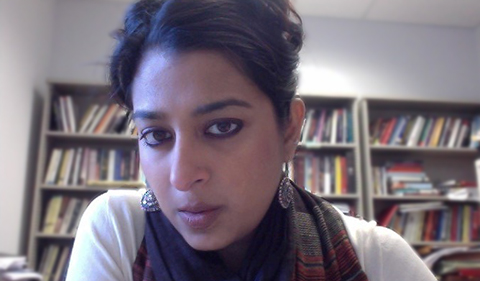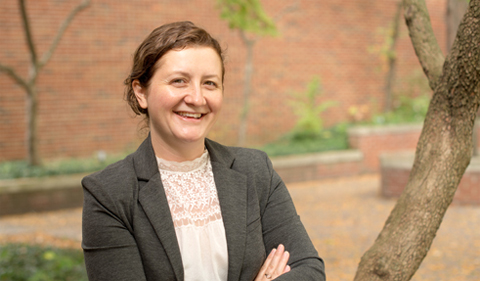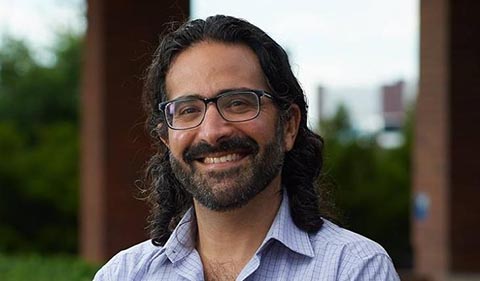
The Sociology & Anthropology Colloquium Series presents Dr. Simanti Dasgupta on “Emergence and Refusal: Rethinking Citizenship at the Intersection of Software and Water in Neoliberal India” on Friday, Nov. 3 at 4 p.m. in Bentley Annex 102.
This presentation is based on her book, BITS of Belonging: Information Technology, Water and Neoliberal Governance in India (Temple University Press, 2015).
Dasgupta is an Associate Professor of Anthropology at the University of Dayton. She completed her doctoral studies in anthropology at the New School for Social Research, NYC and her Ph.D. was conferred in May 2009. She joined the faculty in January 2009. Her research interests are postcoloniality, state, citizenship and civil society, neoliberalism and market, governance, science and technology studies (specifically information technology), urban studies, development, ethics. She conducted ethnographic research in Bangalore, India. Her current work examines a sex workers’ labor rights movement in Sonagachhi, Kolkata, at the intersections of HIV/AIDS prevention program and anti-trafficking surveillance apparatuses.
Abstract: Based upon multi-sited ethnographic work in two otherwise unrelated areas–software development and water privatization – in Bangalore, this talk focuses on the politics of citizenship in the context of current neoliberal changes. Emerging market economies like India pose a specific epistemic and ethical urgency since the desire for drastic growth often buries the rights of the underprivileged. On the other hand, the increasing experience of dispossession generates dissent in the social margins and more importantly, triggers a refusal to engage with the prescribed script of the market economy. This presentation posits that the politics of emergence and refusal rather than being separate, constitute one another, that is, each marks the limit of the other in remaking how one belongs in the nation-state.
The Ohio University Wealth and Poverty Theme and the Center for International Studies are co-sponsoring this presentation.



















Comments